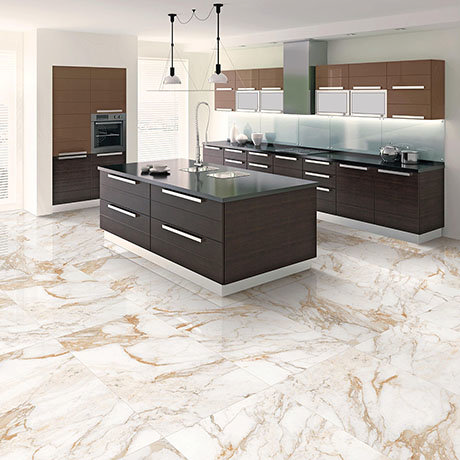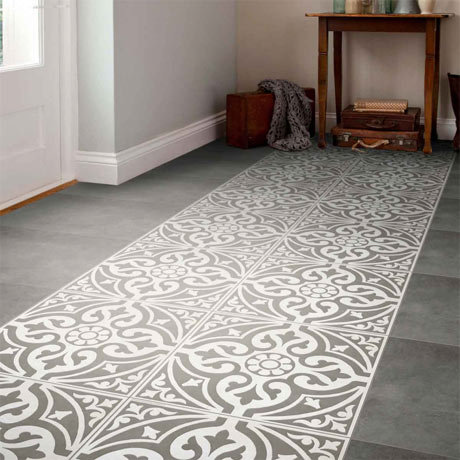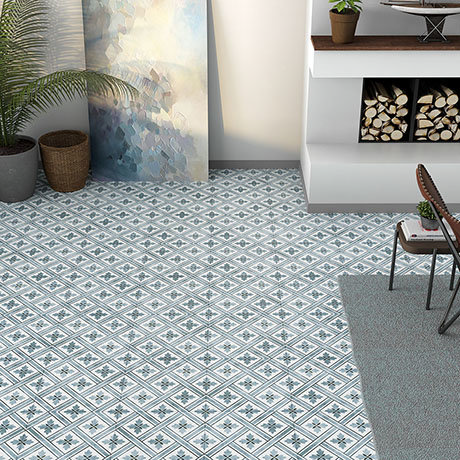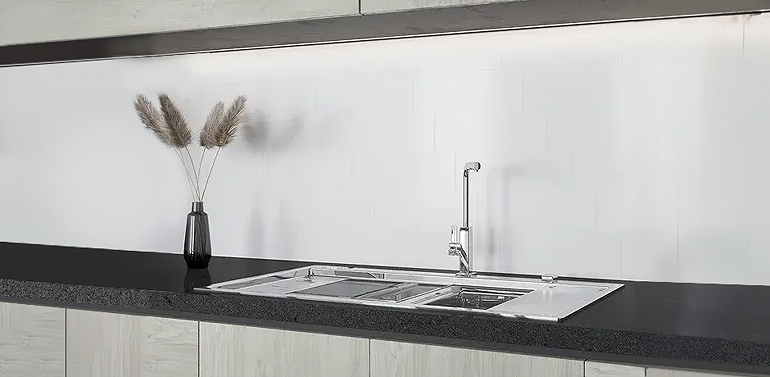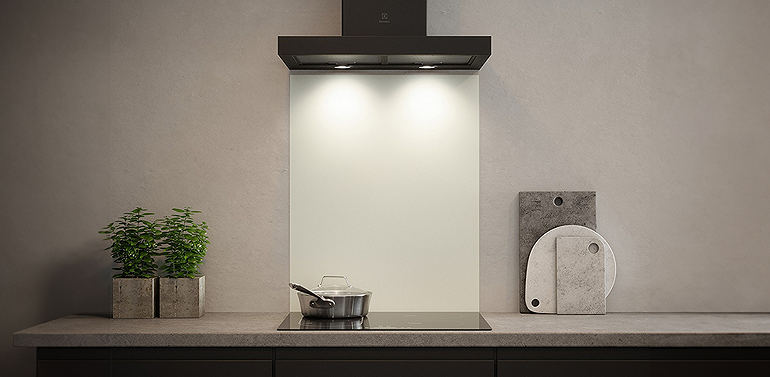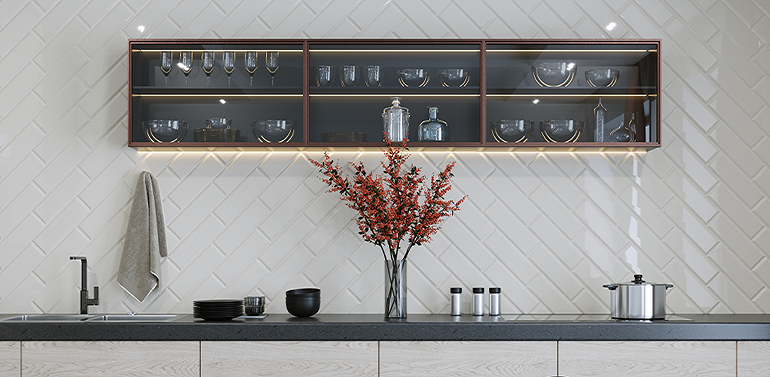EASTER OFFER: FREE DELIVERY ON ORDERS OVER £99!**
Delivery Offer Must End Soon!
best tiles for your kitchen floor
Best Tiles For Your Kitchen Floor
Picking your new kitchen floor tiles doesn't have to be difficult. Here's a short guide on how to choose the best kitchen floor tiles for you.
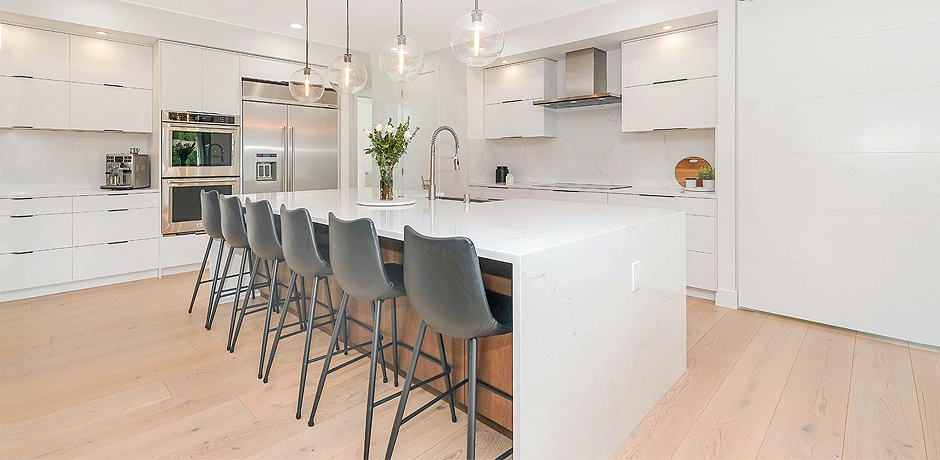
Whether you’re the type of person who feels like they run a full time restaurant, or only wanders to and from the fridge to top up their drink, the kitchen is one of the most important rooms in anyone’s home. As a potential place for cooking, eating and socialising, your kitchen can really influence your environment. And perhaps one of its most important features is your kitchen floor tiles.
If you’re considering updating your space, finding the best tiles for your kitchen floor doesn’t have to be complicated!
How to choose kitchen floor tiles
When it comes to choosing kitchen floor tiles, there are some general rules to abide by that will help ensure you get the most out of the space you have. They'll also ensure that aesthetically your kitchen will look well put together too.
Opting for larger kitchen floor tiles is always a great suggestion. As a place that tends to experience a lot of foot traffic, is prone to spillages and all kinds of dirt and grease, larger kitchen tiles is definitely a more practical decision to make.
With smaller tiles you might want to bare in mind that there will be more crevices for dirt to get into. Whilst the upkeep can be harder, if you're dedicated to the aesthetic you'll put in the time to keep them looking fresh!
What styles of kitchen floor tiles are there?
With those things in mind, when it comes to choosing what style of kitchen floor tile you’d like, there is a great variety to choose from.
The main styles you'll have to choose from are:
Tiles that are wood or marble effect tend to be great for making a space feel more open. Because they often come as larger kitchen tiles and have a more simplistic design, these designs can help prevent your kitchen floor from feeling too busy. Tiles like these are also amongst the easiest to clean and can really elevate the aesthetic of a kitchen. If you’re looking for kitchen floor tiles that are simple and elegant, wood and marble effect tiles will work great for your kitchen.
Patterned and mosaic tiles, however, are for those who are willing to be more adventurous. Whilst having smaller tiles can be a bit of a hassle in terms of cleaning and maintenance, choosing patterned or mosaic tiles can transform a kitchen space from bland and impersonal, to a vibrant and welcoming environment. They also provide great opportunities to get creative!
One creative idea that works well for open plan spaces is using your tiles to create zones. By having plain tiles throughout your kitchen and using patterned tiles in specific areas, say around your dining room table, it can create some contrast and structure throughout the open space.
When choosing the best style for your kitchen floor tiles, another factor to consider is the material they are made of. Whilst of course you want your tiles to meet the demands of your personal taste, you want a kitchen floor tile that will stand the test of time too. Two of the most common, and most durable, kitchen tile materials are ceramic and porcelain. But what’s the difference between the two and which one will be best for your kitchen floor?
The Difference between ceramic and porcelain tiles
Whilst both are fairly hard-wearing materials there are some key differences. Porcelain tiles are a more dense tile. This means that they absorb less water and are more hard-wearing. The advantage of this being that porcelain tiles do great in areas of the home prone to exposure to water and regular foot traffic, making them perfect for kitchens and bathrooms.
If you’re looking for a simple, practical and sustainable kitchen flooring, porcelain tiles might be the way to go. As long as you keep on top of cleaning your kitchen floor regularly, porcelain tiles can last up to around 50 years before you might want to consider updating them.
Whilst ceramic tiles are still fairly hard-wearing they are definitely less so then porcelain ones. Because of the type of clay used to make them, they tend to be less dense than their porcelain counterparts. This means they have a tendency to absorb water over time which could lead to them cracking in particularly cold winter months. This does also mean that they get worn down a little quicker than porcelain tiles too. On average ceramic tiles will last anywhere from 3 to 20 years depending on their quality.
But the biggest advantage to ceramic tiles, is the vast array of colours, designs and patterns they come in. Whilst porcelain tiles are more robust they certainly aren’t capable of the stylistic range that ceramic tiles are. So, if you’re interested in tiles with unique and intricate designs then perhaps opting for ceramic tiles might be best for you.
Popular tile trends
If you’re updating your kitchen of course you want a fresh and up-to-date look. But you don’t want to have to redo your kitchen every few years to keep up with the newest fad either. That's why when it comes to choosing the best tiles for your kitchen floor it’s important to choose trendy styles that will actually stay trendy. That way you can enjoy them for years to come. So here's some trends in kitchen floor tiles that are not only popular, but seem like they’re here to stay.
Wood effect tiles
As the capabilities of replicating the look of wooden flooring improves, wood effect tiles have definitely seen a surge in popularity. Typically these are made from either ceramic or vinyl. Whilst aesthetically these tiles might mimic a wooden floor, they come without all the disadvantages. So if you like the idea of wooden floors but want to avoid a big price tag and creaky boards, wood effect tiles are a good option.
Herringbone
A stylistic choice which works great with wood effect flooring that has seen a resurgence in popularity is laying your tiles in a pattern known as ’herringbone’. Essentially, this is laying your tiles in a diagonal, v-shaped pattern. Herringbone tiles can be used on both kitchen floors and walls, making them an aesthetic dream!
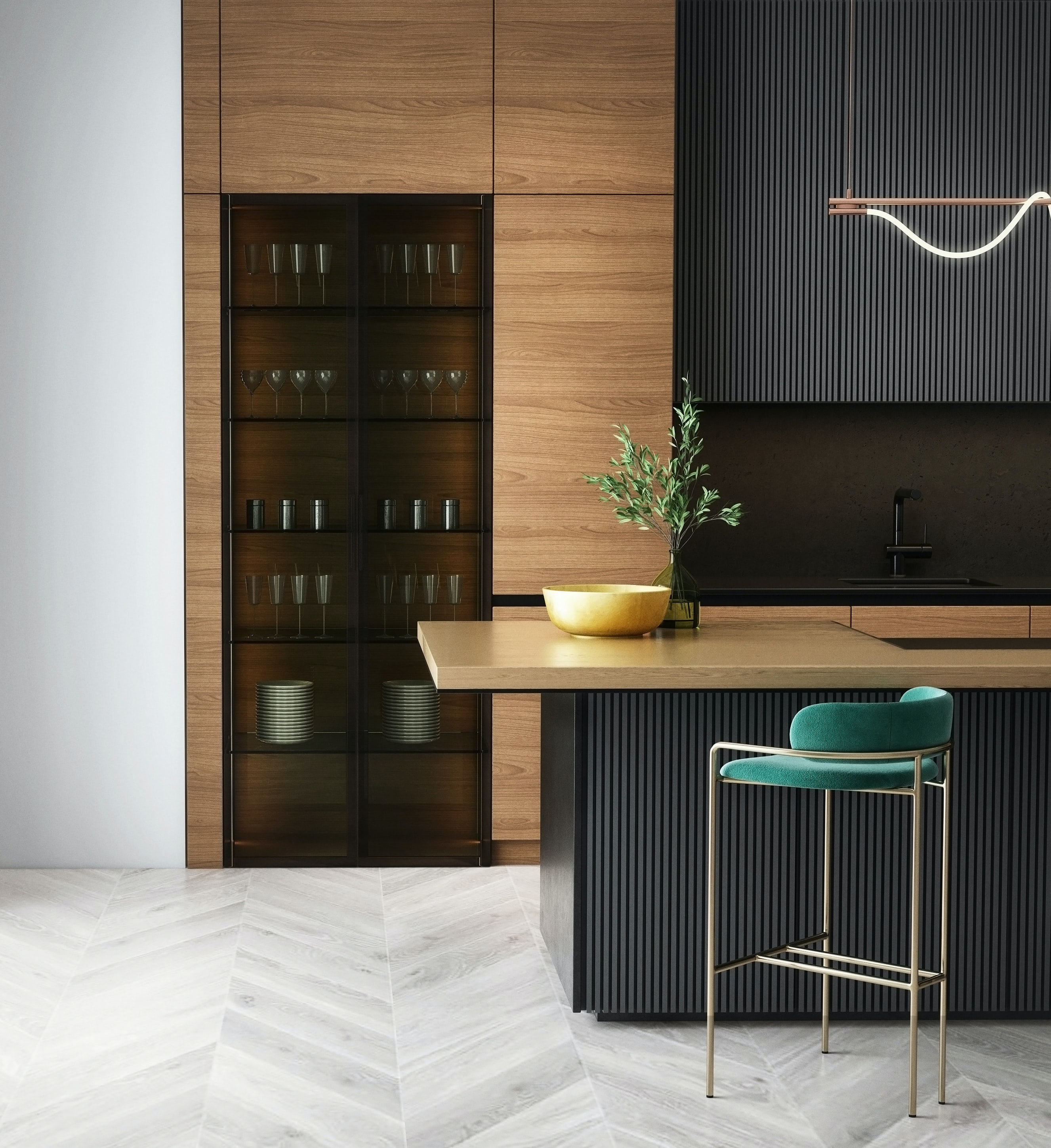
Tiles for small kitchens
Just because you have a small space it doesn’t mean you have to compromise on having a stylish kitchen. Kitchen tiles can be a great way in which to open up a tight space and make it seem larger than it actually is. One of the best ways to do this is to lay your kitchen tiles diagonally rather than square against the wall.
When it comes to colours and patterns, keeping it simple is key. Busy designs consisting of small tiles have a tendency to make a space seem smaller or clustered. Another useful tip to style a small space is to choose a plain tile and a grout that's similar in colour. This works well to blend the kitchen flooring together, creating a more continuous flow throughout your kitchen.
That’s pretty much everything you’ll need to know when choosing the best tiles for your kitchen floor. Now that you’re somewhat of an expert yourself, feel free to have a browse through our kitchen floor tile range and find the best tiles for your kitchen!
